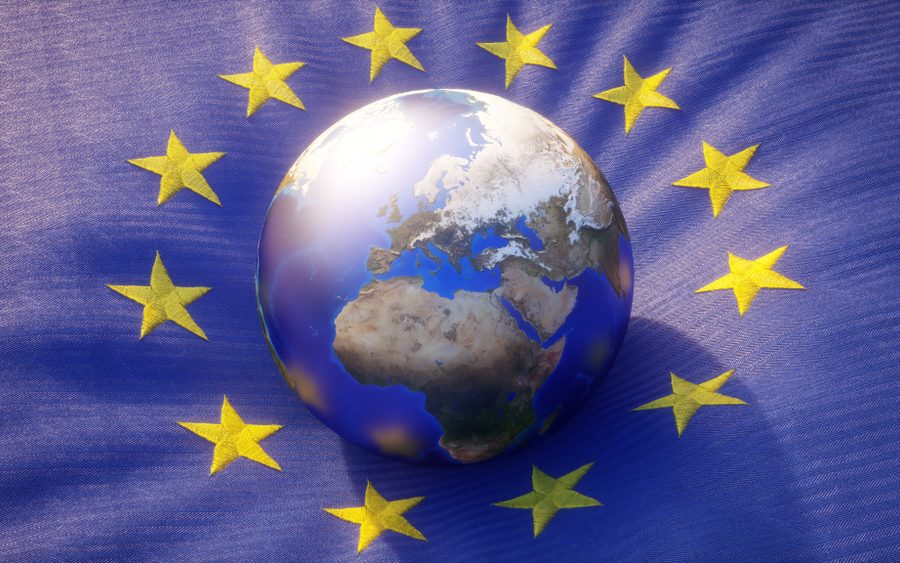Today, the European Commission and the High Representative of the European Union for Foreign Affairs and Security Policy unveiled the renewed EU agenda on International Ocean Governance (IOG), proposing actions for a secure, clean and sustainably managed ocean. With this policy, the EU confirms its active role in international ocean governance and its commitment to strengthen implementation of the UN 2030 Agenda and its Sustainable Development Goal 14 on Life Below Water. The new agenda has an important role in delivering on the blue part of the European Green Deal. Ahead of the 2nd UN Ocean Conference (27 June - 1 July 2022, Lisbon) and the UN Biodiversity Conference (COP15) (5-17 December 2022 in Montreal) and together with the Commission's proposal for legally binding targets to restore ecosystems, including at sea, the EU demonstrates its strong engagement for the ocean.
Updating EU strategy for new geopolitical and sustainability developments
International ocean governance is about managing the world's oceans and their resources together so that they are healthy and productive, for the benefit of current and future generations. Today's new Joint Communication builds on the one from 2016 taking account of key trends such as the exacerbated impact of climate change and dangerous decline of biodiversity. It also takes into consideration changed geopolitical conditions such as the Russian aggression against Ukraine, which has brought about instability and insecurity including freezing of certain initiatives.
As a leading global actor, the EU sets out an updated agenda for better ocean governance based on a cross-sectoral and rules-based international approach, aiming to further consolidate its role as a global leader in ocean governance. Building on and updating the commitments set out in the 2016 Joint Communication, the EU commits to:
- strengthening the international ocean governance framework at global, regional and bilateral levels;
- making ocean sustainability a reality by 2030 by taking a coordinated and complementary approach to common challenges and cumulative impacts;
- continuing to make the ocean a safe and secure space as competition in international waters and challenges to multilateral cooperation are growing;
- building up international ocean knowledge for evidence-based decision-making to result in action to protect and sustainably manage the ocean.
Source: https://ec.europa.eu/commission/presscorner/detail/en/ip_22_3742


